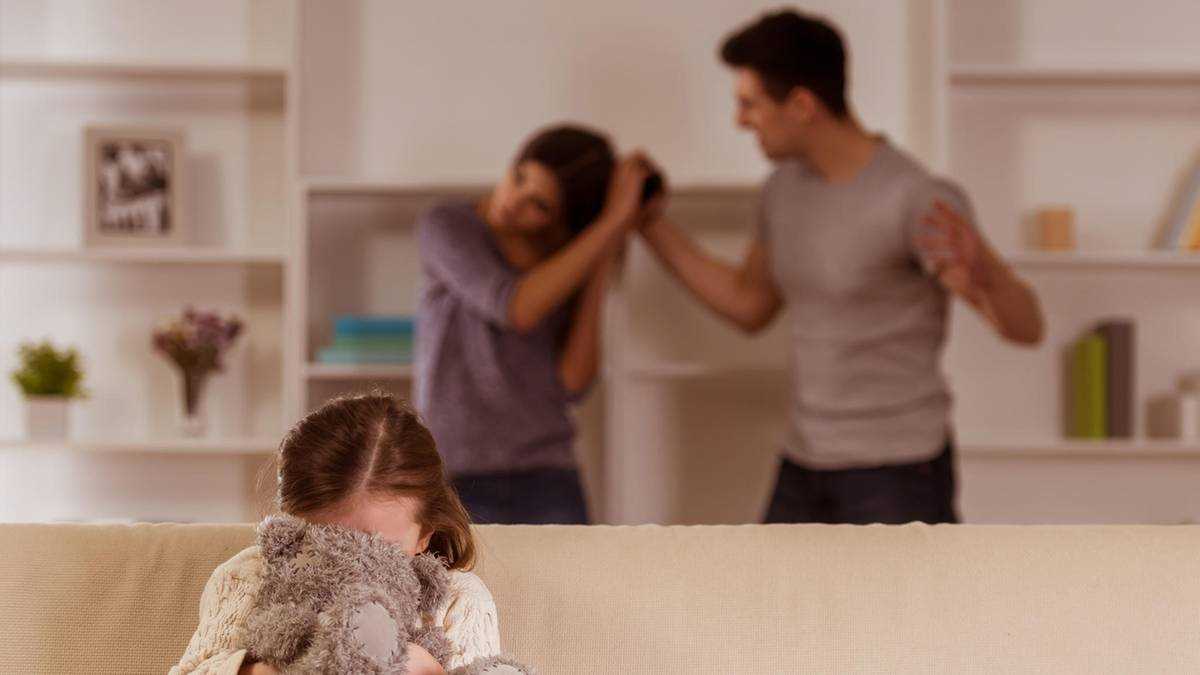Bernd Siggelkow finds it most difficult not to hug the children. They do not understand why he suddenly keeps his distance from them, no longer presses them to greet them. For many, he is their most important caregiver. Now all he does is stop shopping at the door and leave. The children start to cry. "Then tears flow with me. I feel like a criminal. I've known many of these children since they were born," says Siggelkow.
Bernd Siggelkow founded the ark 25 years ago, an institution for children who grow up in socially disadvantaged families. He already knew some parents when they were children in the ark. Poverty and difficult family relationships often persist across generations. According to the Federal Employment Agency, almost two million children live in Hartz IV households in Germany. Children usually come to the ark from 2 to 6 p.m. to play and learn here. But because of the Corona crisis, the 25 locations of the ark in Germany had to close. Siggelkov's work has not become less, but more.
"If the children cannot come to us, we will come to the children," he says. His employees and he shop under the hygiene regulations for the families and provide them with the purchases. One of Siggelkov's concerns is that the children eat too little and unhealthily. "But my biggest concern is violent parents."
"The first thing I do in the morning is to look in the newspaper for evidence of domestic violence."
Tens of thousands of children in Germany are victims of violence and abuse every year. This is confirmed by figures from the police crime statistics. Nowhere is there as much violence as in the home, but there are no reliable statistics. According to a 2013 survey of 900 children from poor backgrounds, violence was part of everyday life for just under a quarter.
"The first thing I do in the morning is to look for signs of domestic violence in the newspaper. Because I'm so afraid that something could have happened to one of the children," says Siggelkow. If he does not find anything, he is relieved. At least until the next morning.
The Arche team gets creative so that it doesn't get that far. They come up with activities for the children. Challenges that you post online, recipes that you should bake with your parents. Because the worst is when the families are no longer busy. If the boredom in children and parents gets so great that they become aggressive and possibly violent. "To make matters worse, the parents are currently facing challenges that they cannot master," says Siggelkow. "For various reasons, the parents of our Arche children can often not even look after them in normal circumstances. How is that supposed to work under difficult conditions? With home schooling? It won't work and the education of the children will suffer even more than already. "
"We are currently in the process of hanging out on the weakest in our society"
To prevent this, the Arche staff help the children with the homework they have been given at their schools. But there are problems too. "A lot is available online, but not all children have a laptop," says Siggelkow. "Other children go to schools in problem areas where there is nothing online. And that is also difficult. The task lists they have received will not last until Easter. And what if the crisis is still not over? We are currently in the process of hanging out on the weakest in our society. "
The Arche founder is now trying to get a laptop for all children. How, he doesn't yet know exactly, only that he will succeed in the end, "as always". He asks households that may have unused old laptops and cell phones lying around to donate them to the nearest ark in their area. If the children have a laptop or smartphone, the employees can talk to them in video chats, help them better and assess whether they are doing well. Many parents and children don't even know what is going on around them.
"We had Angela Merkel's speech translated into all languages and sent it to the refugee families via WhatsApp. So that they don't have to fear that the war has broken out in Germany because nobody is on the streets but the police are everywhere," says Siggelkow . But it is not just refugee families who are unaware of the Corona crisis.
"The families we look after don't watch Merkel's speeches, they don't watch any news at all, they watch the afternoon programs of private broadcasters. These are the channels on which you have to be reached," he says. "It would be so helpful if every private broadcaster simply faded in a number that you can turn to for domestic violence. But nobody does that."
Siggelkow can be heard on the voice that he is really afraid. Before that "that a mom slips the wooden spoon" or "the dad sometimes kicks the child". Because there is no other way, he says, for families who are living in difficult circumstances anyway and who spend an unusually large amount of time together overnight in a confined space. "In the worst case, the neighbors will call the police and the children will be taken out of the families. We cannot let it get that far."
If you need help yourself, you can find it on the help phone of the Federal Office for Family or at the White Ring, for example.
Would you like to help with a donation?
You can also help people who are particularly hard hit by the Corona crisis with a donation. The stern foundation forwards your money to selected aid projects. IBAN DE90 2007 0000 0469 9500 01; BIC DEUTDEHH; Keyword: Corona solidarity; www.stiftungstern.de
This article was originally published on stern.de.
